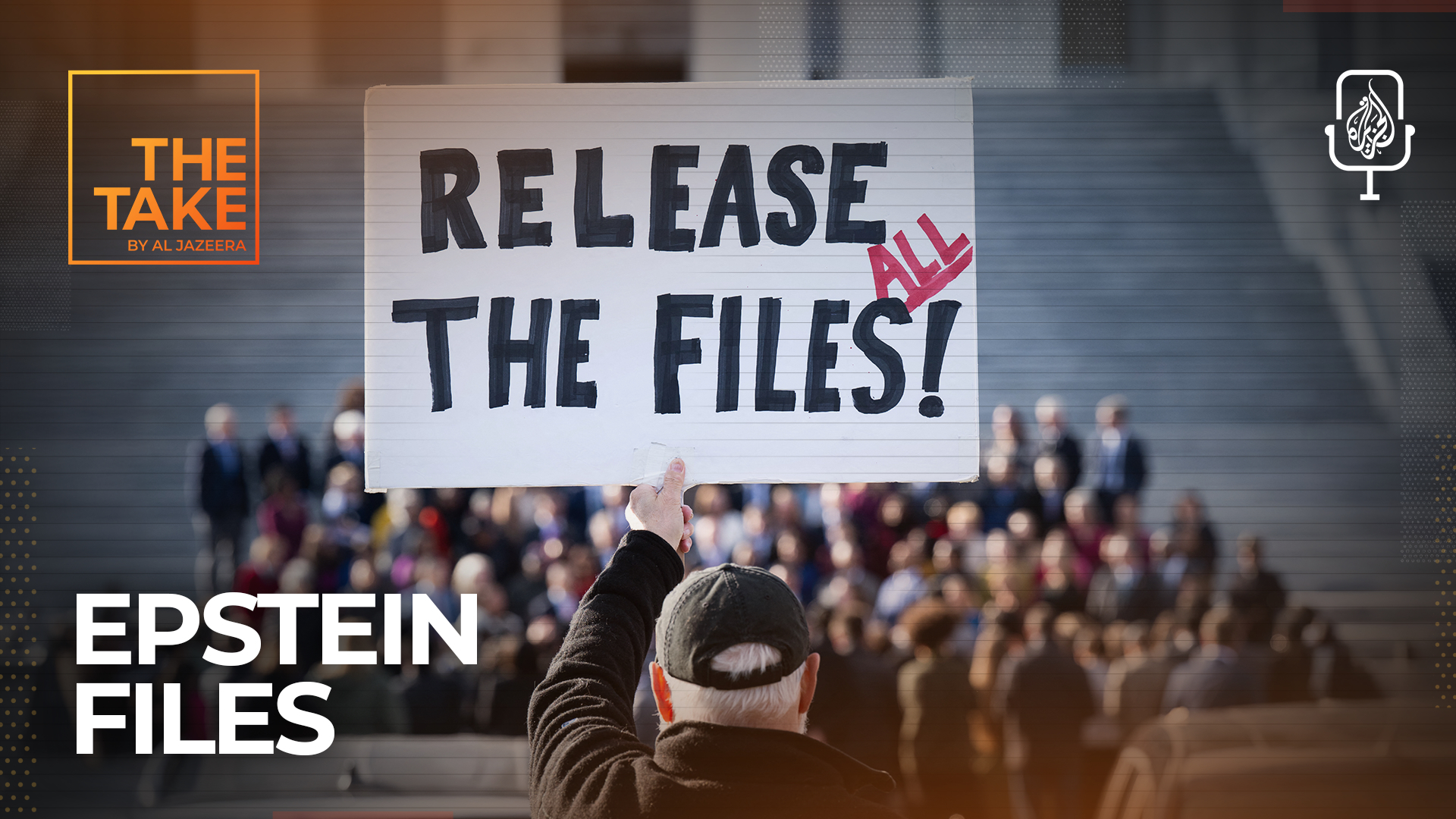Is the AI Bubble Bursting? Analyzing Market Trends, Investment Hype, and the Future of Artificial Intelligence

Explore the ongoing debate: Is the AI bubble on the verge of popping? This analysis delves into rapid market growth, investment hype, and the underlying technol
Is the AI Bubble About to Pop? An In-Depth Look at the Market
The relentless march of Artificial Intelligence has fueled an unprecedented wave of excitement, innovation, and, perhaps most notably, investment. This surge has led many to ponder a critical question: Is the AI bubble about to pop? The rapid influx of capital, soaring valuations for AI-centric companies, and widespread media attention draw parallels to previous tech booms, sparking both optimism and apprehension.
The Hype Cycle and Investment Frenzy
The current landscape is characterized by staggering investment figures and a pervasive 'fear of missing out' (FOMO) among investors. Companies leveraging AI are experiencing valuations that often seem disconnected from their current profitability, relying instead on future growth projections. This speculative fervor mirrors dot-com era dynamics, where promising technologies often outpaced immediate market readiness. Concerns about overvaluation are legitimate, especially for companies still struggling to monetize their advanced AI research effectively.
Underlying Innovation vs. Market Overheating
Unlike some past bubbles, the foundational technology driving AI — advancements in machine learning, neural networks, and data processing — is genuinely transformative. AI is already demonstrating tangible impacts across various sectors, from healthcare and finance to logistics and creative industries. This real-world applicability provides a strong counter-argument to the bubble hypothesis. However, the distinction between groundbreaking innovation and market overheating is crucial. While AI's long-term potential is undeniable, short-term market corrections are a natural part of any significant technological paradigm shift.
A Balanced Perspective on AI's Future
Rather than an outright 'pop,' many analysts anticipate a period of consolidation and rationalization. The market may differentiate more sharply between companies with viable business models and those solely propelled by hype. Investments will likely shift towards sustainable growth and proven applications, moving beyond speculative ventures. This could lead to a 'shake-out' where less robust companies falter, but stronger, truly innovative firms continue to thrive, ultimately strengthening the AI sector in the long run. The question isn't necessarily if the bubble will pop, but how the market will mature and realign its expectations with the incredible, yet still evolving, capabilities of artificial intelligence.